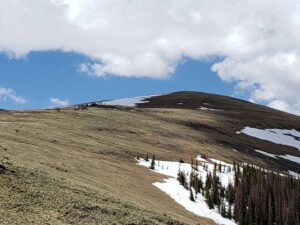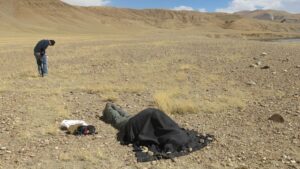FS 3.226: Rural mountain in transformation
Details
Full Title
From tradition to exploitation: the rural mountain landscape in transformation
Scheduled
—
Convener
Co-Conveners
Assigned to Synthesis Workshop
—
Categories
Adaptation, Conservation, Ecosystems, Sustainable Development, Tourism
Keywords
Cultural landscape, Slow tourism, Rural mountains, Agrobiodiversity, Socio-ecological strategies
Description
Rural mountain areas hold exceptional heritage value, reflecting a complex interplay of natural and cultural landscapes, agricultural traditions, and emerging opportunities for development. These rural landscapes, distinguished by vineyards, traditional crops, and cultural excellence, are key drivers of sustainable socio economic growth, promoting a balance between conservation and innovation. The subsistence of these historic territories can be indorsed to support the preservation of cultural landscapes through adaptive transformation. For instance, thanks to small-scale farms that seek resilience in the face of global changes, agrobiodiversity and sustainable agricultural practices, promotion of local crop varieties. Also, key considerations such as land ownership, and the repurposing of abandoned structures are instrumental in stimulating settlement and driving economic innovation. Simultaneously, slow tourism (particularly in the realms of food and wine tourism) emerges as an important resource for revitalizing these regions. Considering territorial transitions, a socio-ecological systemic approach is essential to foster entrepreneurship in mountain regions also through community engagement unlocking their cultural, environmental, productive, and economic potential. This approach should integrate public policies, innovative methods for transmitting cultural heritage, and scientific knowledge to support participatory territorial development. Topics to be addressed: Enhancement of rural mountain landscapes; Conservation and development of biodiversity; Resilience in mountain transitions; Slow tourism for regional regeneration; Socioecological approaches


